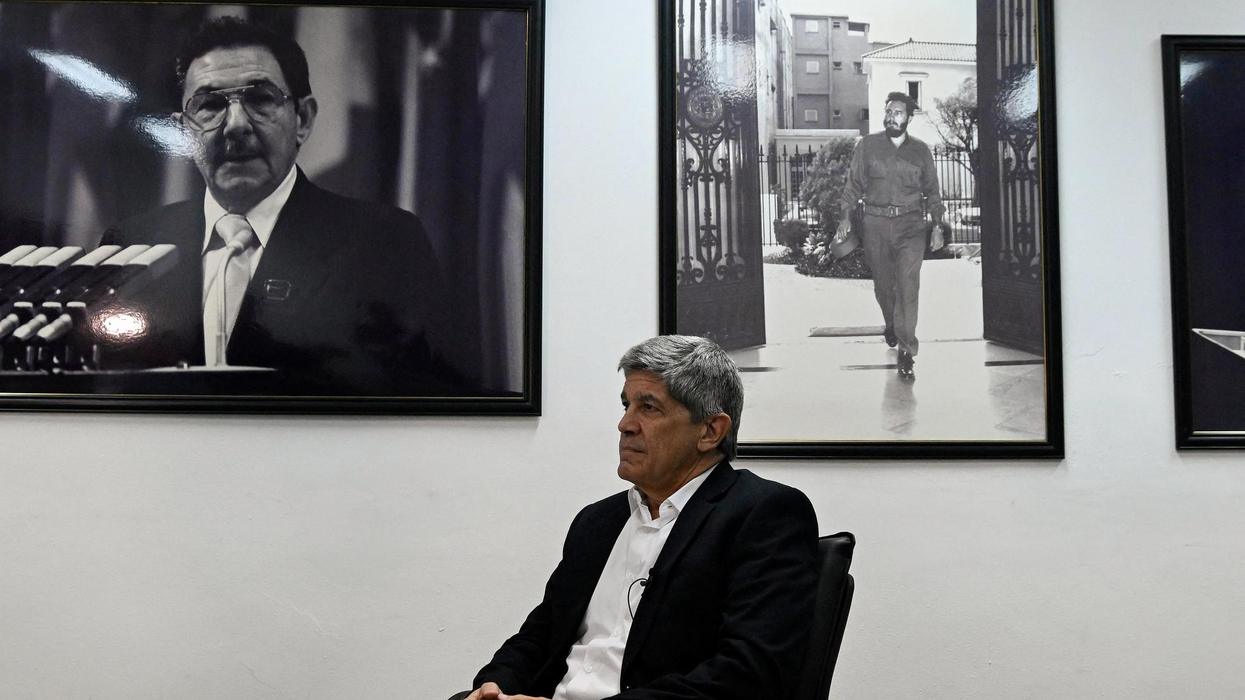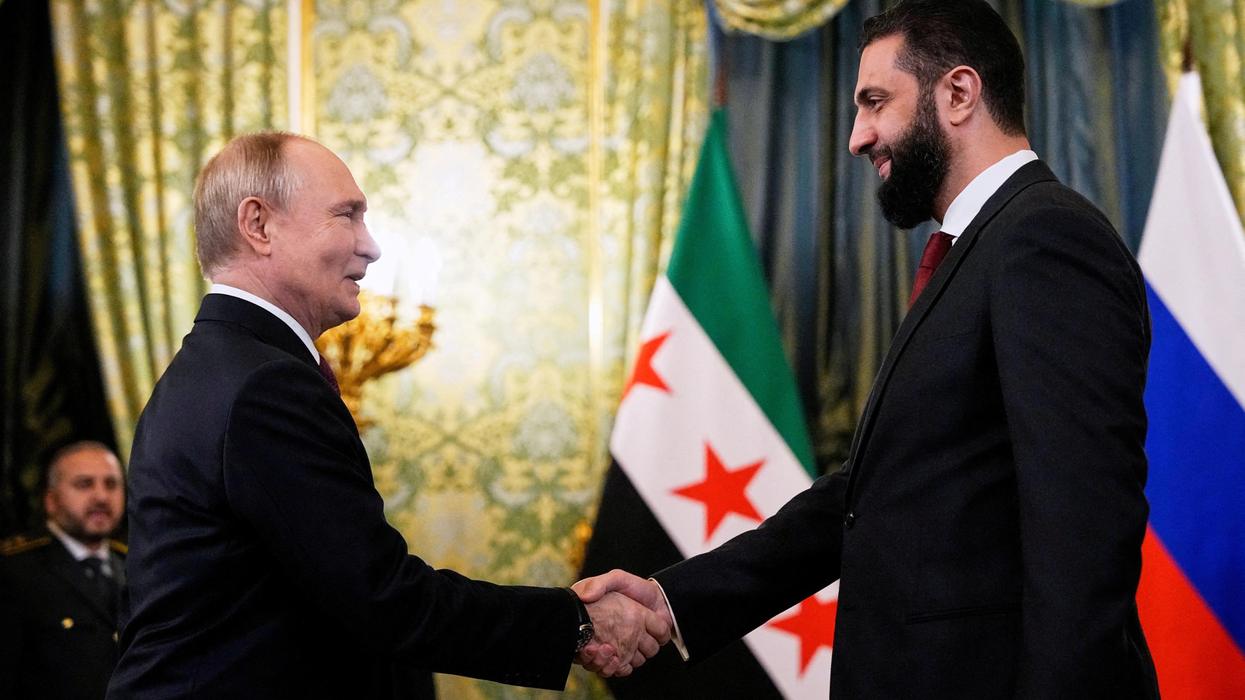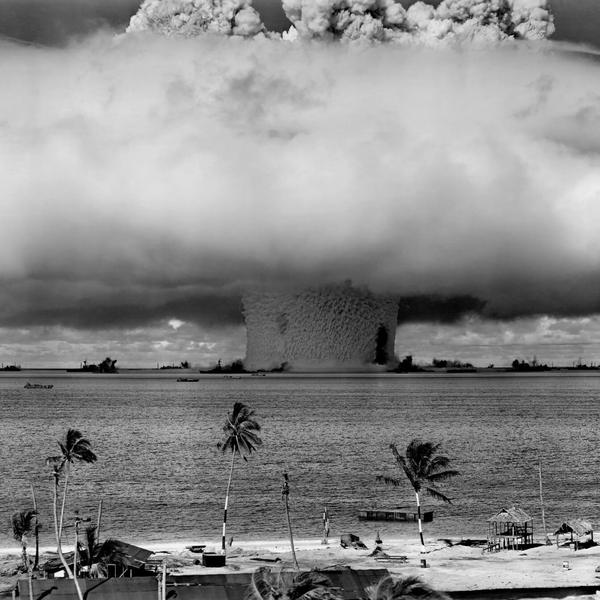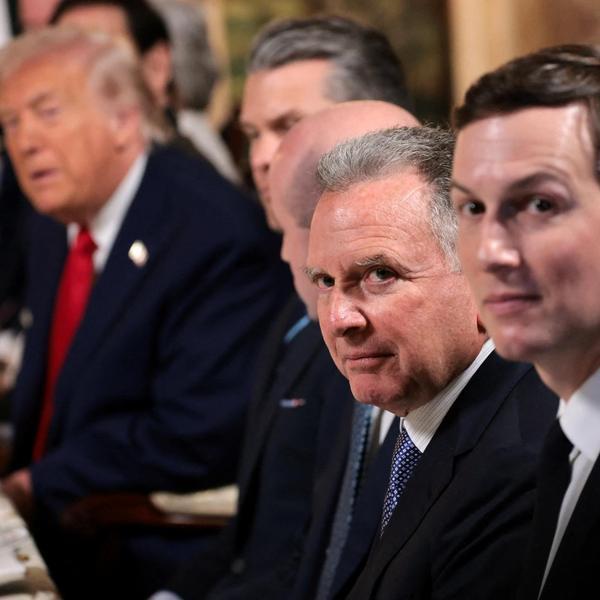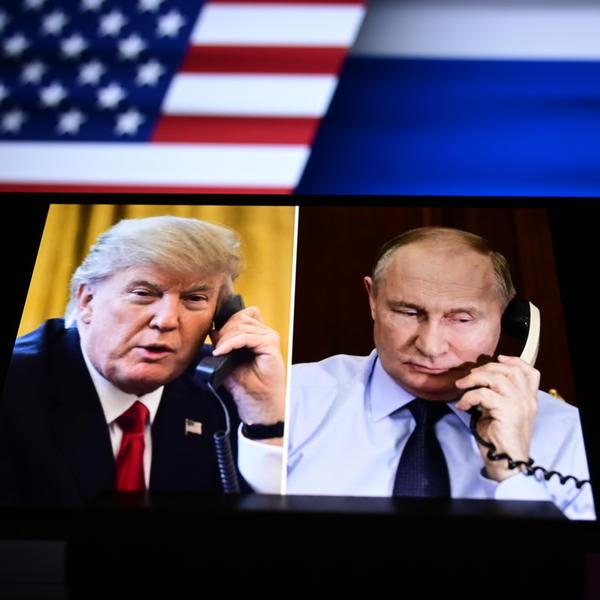U.S. President Donald Trump and Israeli Prime Minister Benjamin Netanyahu were both in desperate need of a foreign policy win. Now they have one.
On Thursday, the United States, Israel, and the United Arab Emirates issued a joint statement announcing that they had reached an agreement to normalize UAE-Israeli relations and that Israel, as a result, had agreed to suspend its process of “extending sovereignty” over large parts of the West Bank that the Trump administration had assigned to Israel under it’s so-called “Vision for Peace.”
While this is an important development, it is less than it might seem on the surface. The UAE and Israel have had a clandestine relationship for many years. Establishing diplomatic ties is a big step forward, but it’s not a “peace agreement” as some have called it since the two countries have never been at war.
Israel’s agreement to suspend annexation is also overstated. No formal annexation process had ever actually started, but de facto annexation through settlement expansion, Israeli-only roads in the West Bank, the security barrier and other measures has been ongoing for more than half a century. Netanyahu, ever the master manipulator, can now continue that process with the UAE’s imprimatur in exchange for stopping a more formal process he never did more than talk about and which the Trump administration never endorsed.
The UAE, which has been trying in recent years to assert itself as a regional power, took a huge step forward in that regard. They will now work more closely with the U.S. and Israel on regional issues, such as opposition to Iran. With Saudi Arabia bogged down in Yemen, and increasingly unpopular in the United States, the UAE hopes to enhance its position as a military asset in the region.
The Emiratis, however, are also assuming the most risk by far of the three parties. There is little downside to any of this for the United States and Israel, but the UAE could face severe backlash in the Arab world. This move effectively abandons the 2002 Arab Peace Initiative, which held out the offer of full normalization with the entire Arab League if Israel would end its occupation of the Palestinians.
That risk is why Crown Prince Mohamed Bin Zayed, often referred to as MBZ, was much more muted in his tweet announcing the deal than Netanyahu and Trump were. While Netanyahu called the day “historic” and Trump heralded a “HUGE breakthrough,” MBZ tweeted, much more modestly, that “an agreement was reached to stop further Israeli annexation of Palestinian territories. The UAE and Israel also agreed to cooperation and setting a roadmap towards establishing a bilateral relationship.”
The crown prince was clearly leaving himself a back door should the heat get too intense. As the joint statement pointed out, nothing is finalized yet. “Delegations from Israel and the United Arab Emirates will meet in the coming weeks to sign bilateral agreements regarding investment, tourism, direct flights, security, telecommunications, technology, energy, healthcare, culture, the environment, the establishment of reciprocal embassies, and other areas of mutual benefit,” it read.
So the agreement could be derailed as those details are hammered out, but the joint statement commits all the parties to the goal of full diplomatic relations between Israel and the UAE, and MBZ surely knows there will be a major political cost if he backs out, especially with the U.S. election looming.
The effects on Israel and the Palestinians
This is a key move for Netanyahu. It explains why he was not pushing the Trump administration harder on annexation, a key demand of his right flank. While the U.S. dragged its feet on the subject, Netanyahu faced growing pressure to defy Washington and move ahead. Yet he stayed largely silent, only occasionally complaining about U.S. inaction, and doing nothing to mobilize his supporters in the United States to help or to counter the anti-annexation narrative that swept over most of the country. Now we know why.
While the agreement with the UAE is unlikely to stop protests in Israel demanding his resignation, Netanyahu has given the Israeli center something it very much wants: increased normalization with the Arab world without connecting that process to an agreement with the Palestinians. That will be important for his chances if elections are called, which is a distinct possibility.
While the settler movement will not be pleased at abandoning the push for formally annexing parts of the West Bank, that anger will be blunted a bit by strengthening the anti-Iran coalition and opening more space for Israel to be active in it. And, even if they remain angry, the centrist support Netanyahu can expect will outweigh right wing anger.
One of the leading Palestinian figures, Hanan Ashrawi, tweeted “Israel got rewarded for not declaring openly what it's been doing to Palestine illegally & persistently since the beginning of the occupation. The UAE has come out in the open on its secret dealings/normalization with Israel. Please don't do us a favor. We are nobody's fig leaf!”
The Palestinian position is seriously undermined by this development. Israel, with strong U.S. support, is proving that they can have normal relations with the oil-rich Gulf states without ending or even easing their occupation in any way. While the Arab populace continues to support the Palestinian cause, Gulf Arab leadership recognizes that they can get away with warming relations. Moreover, Israel’s efforts to annex parts of the West Bank had threatened to de-stabilize Jordan, a concern raised in many corners. Now that is off the table and, while there may be anger at the price. It will not be a threat to the Jordanian kingdom’s continued existence.
All of that diminishes the miniscule leverage the Palestinians already have, and it makes diplomatic options less viable.
Increased militarism
Opening diplomatic relations, as a rule, helps support regional peace and diplomacy. But the circumstances and motivations matter, and in this case, it may well have the opposite effect.
The Trump administration is trumpeting a variety of benefits, but for their strategic purposes, opening opportunities for Israel to work more directly with the UAE against Iran is a key feature. That doesn’t help promote diplomacy in the Gulf region while Trump is in control. Should a future administration decide to shift toward a full commitment to diplomacy with Iran, however, it could provide greater contrast with the current militaristic approach, perhaps making diplomacy more attractive to Iran.
But increasing Israel’s sense that its occupation of the Palestinians bears little cost makes diplomacy less viable for Palestinians and their supporters. Some countries, such as Turkey and Qatar, will likely move to identify themselves as the leaders in supporting the Palestinian cause, but that will do little to improve Palestinians’ ability to assert their claims diplomatically. The more certain Israel is that it can get the ties with the Arab world it covets without ending its occupation, the less incentive it has to do so.
In the long run, Israel’s ongoing occupation and resistance to reaching a settlement that grants Palestinians their full and equal rights reinforces regional instability. This latest development puts more obstacles in the path of diplomacy, and eventually, that cannot lead to anything but violence.



